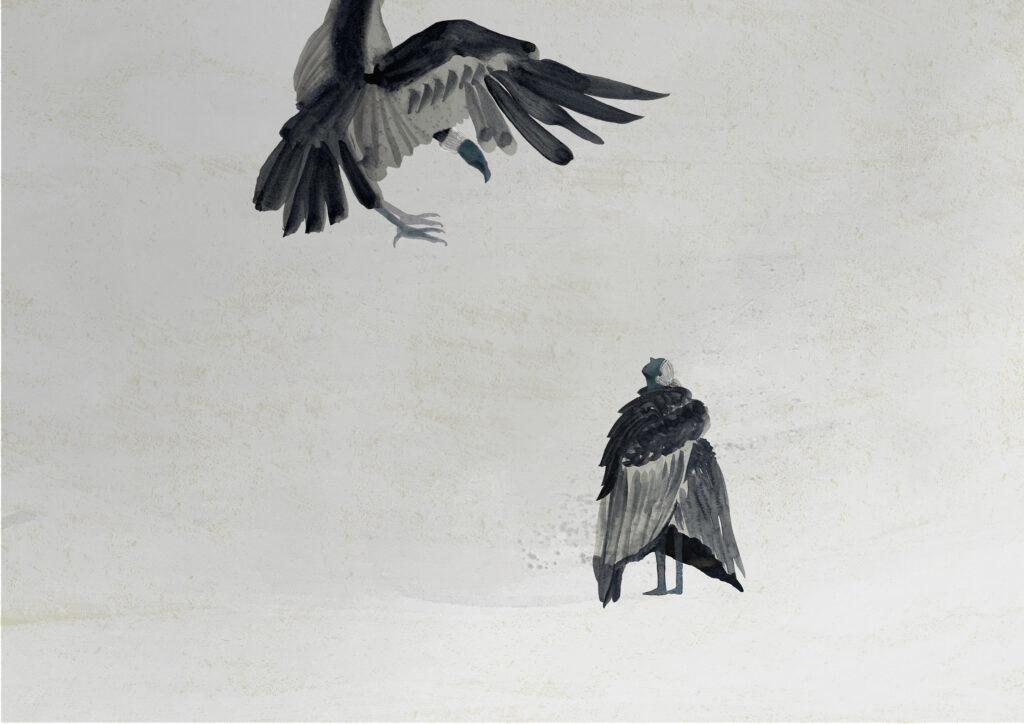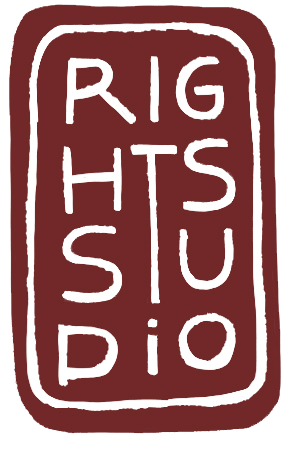
“Nature does not hurry, yet everything is accomplished.” – Lao Tzu
We stumble gently into this new year, not with renewed energy or grand statements about future plans, but with a sense of both tiredness and weary confidence. Living in a time of troubled uncertainty is exhausting, but yet we feel confident that dwelling in a place between us shaping our world and the world shaping us is where we need to be right now.
In a recent conversation, Kumi Naidoo and Naomi Klein suggested that we may be living in the most consequential decade humanity has ever faced. However, our default reaction of going out there and doing as much as we can isn’t what’s needed because urgency can also be weaponised. It can even override people’s lived emergencies, that’s why we need to seek balance.
Perhaps our need to constantly do is part of the problem. Add to that our constant obsession in looking for solutions to everything. And, as Audre Lorde said, we don’t need new ideas either.
So for this year, our intention at the Rights Studio is to do less. But in everything we do, we will do with care, simplicity and beauty. This, we believe, is a form of resistance.
To begin, we want to do as Lorde said and seek out old and forgotten ideas. From our standpoint, this entails recapturing some of the essential skills – or better yet, liberatory practices – so many of us have neglected in our busy-ness and in our techno-induced escapism. We want to practise the arts of reading, thinking and listening.
But these are not simply solitary practices. We see these as foundational skills required to develop ecological awareness, that is, an understanding that everything in this world happens because of relationships.
At the risk of repeating ourselves, practising these art forms goes back to asking better questions and sitting with the questions without trying to answer them. We recall here what Ben Okri said recently about the need for a new philosophy of our time, one he calls ‘existential creativity,’ meaning creativity where we must be strong dreamers and ask the unthinkable questions about how we live and why.
Specifically, we want to take a critical look at human rights work by both asking why it hasn’t brought the change we imagined, and how we got disconnected from each other in the process. We want to explore whether our current paradigms around help, charity, integration, equality, and wellbeing have grown far removed from the intended impact, and have, at best, become buzzwords, and, at worst, created more problems.
Echoing Bayo Akomolafe’s concept of post-activism, and Anat Shenker-Osorio’s point that ‘what you fight, you feed,’ we want to ask: have we as NGOs or activists become part of the problem? Following on from that, how do we know when we should fight and when we should walk away? And, when is it time for us to compost our work?
We will be delving into these questions through written pieces, including guest contributions, intimate conversations and more artistic interventions. For those wondering what happened to the festival celebrating Movement, it is not forgotten – we were tired and weary of Zoom overload. It will happen, but in a slightly different format and spread throughout the year.
In the meantime, we would love to ask our readers for help. Would you invite someone special to you to subscribe to our journal? We are keen to reach more people so that, through this journal, we can, little by little, grow our community; as we recently read somewhere: we are looking for the people who are looking for us.
And with that, we leave you with these words from Ben Okri that encapsulate our intention for the year: “The most authentic thing about us is our capacity to create, to overcome, to endure, to transform, to love and to be greater than our suffering.”
Words, Veronica Yates and illustration, Miriam Sugranyes
For references and further resources, visit our inspiration page.
Meet the Artists
Kumi Naidoo is a human rights and environmental activist from South Africa. He was Executive Director of Greenpeace International from 2009 to 2016 and Secretary General of Amnesty International from 2018 to 2020. He is Founding Chair of Africans Rising for Justice.
Naomi Klein is a Canadian author, social activist, and filmmaker known for her political analyses, support of ecofeminism, organised labour, left-wing politics and criticism of corporate globalisation, fascism, ecofascism and capitalism. As of 2021 she is Associate Professor, and Professor of Climate Justice at the University of British Columbia, co-directing a Centre for Climate Justice.
Ben Okri is a Nigerian-British poet and novelist. He is considered one of the foremost African authors in the post-modern and post-colonial traditions, and has been compared favourably to authors such as Salman Rushdie and Gabriel García Márquez. In 1991, Okri won the Booker Prize with his novel The Famished Road.
Bayo Akomolafe is a Nigerian philosopher, writer, Yoruba Poet, activist, professor of psychology, and executive director of the Emergence Network.
Anat Shenker-Osorio is an American strategic communications consultant. She has led research for new messaging on issues ranging from freedom to join together in union to clean energy and from immigrant rights to reforming criminal justice. Her work has led to progressive electoral and policy victories across the globe.
[sources: artist’s own websites, Wikipedia]
